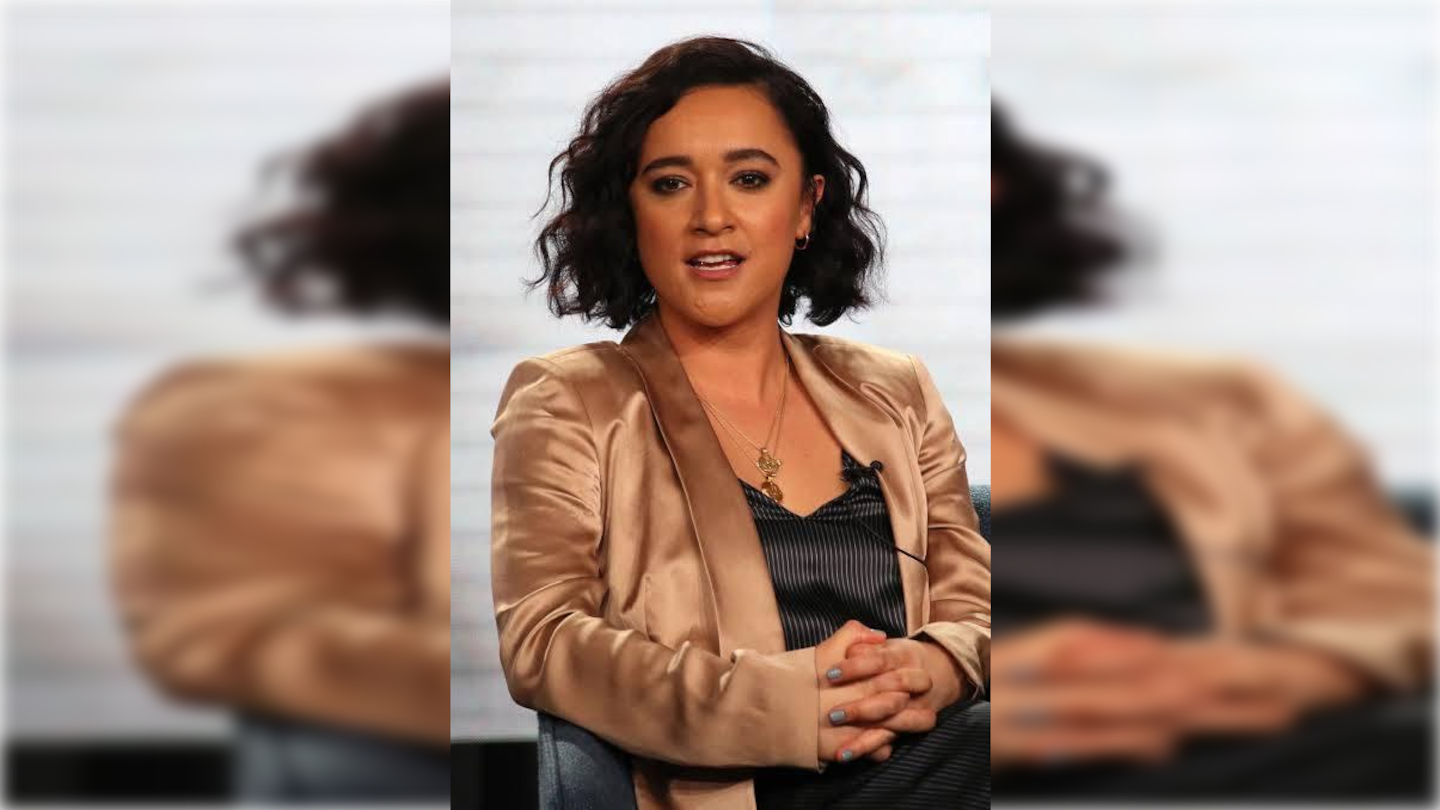An urgent Waitangi Tribunal claim is challenging whether Māori born overseas, and their tamariki, have a right to belong in Aotearoa as tangata whenua.
The two-day hearing, which opened today under Judge Alana Thomas, will examine whether Crown policy and practice meet Te Tiriti o Waitangi obligations of partnership, equity, and active protection in this context.
The claim was brought by John Ruddock (Ngāpuhi), a New Zealand citizen by descent. He told the Tribunal he faced “demeaning” processes and major barriers when trying to secure citizenship for his three children, born in the United States.
After becoming their sole caregiver, Ruddock brought his tamariki home in April 2025, only to find they were not automatically recognised as citizens.
“I had always believed they were entitled to be recognised as tangata whenua here… We are tangata whenua, not tangata tiriti,” he said.
His evidence described “the emotional toll” of watching his children isolated from school while applications for visas and ministerial interventions dragged on.
“My daughter… had just been accepted into a gifted HiCap programme in Washington before we left - now she sits at home, confused and feeling excluded.”
Actor and producer Keisha Castle-Hughes gave similar evidence. Born in Australia to a Māori mother, she told the Tribunal that when she applied for a passport for her daughter born in the United States, she “got a letter back saying that she had no claim to New Zealand citizenship because I was a ‘citizen by descent’.”
What followed, she said, were four years of confusion between government agencies.
“There was a point in the process where there was confusion over whether this was an Internal Affairs or immigration issue,” she said. The bureaucracy repeatedly required her to “prove who I am,” including iwi affiliation and marae involvement.
“The Government wanted proof of how much time I had spent on the marae and whether I was participating in Māori culture, such as kapa haka. That is not quantifiable to us.”
Although citizenship was eventually granted through political intervention, Castle-Hughes said the issue was unresolved for the next generation.
“The grant of citizenship for our daughter does not resolve our issues… She is in the exact same boat unless she has her future tamariki in Aotearoa.”
At the heart of the case is whether the Citizenship Act 1977 and the way it is applied are consistent with Te Tiriti when it comes to Māori born offshore.
Professor Claire Charters told the Tribunal that international law recognises the right of Indigenous peoples to self-determination, including the right to determine their own membership.
“It should be for iwi and hapū to determine belonging to that iwi and hapū and, once determined, those individuals must have the right to be on the territories of their iwi and hapū,” she said.
Charters also linked the issue to whenua, citing the UN Indigenous Declaration, which affirms the right of Indigenous peoples to maintain their spiritual relationship with their lands and requires states to prevent dispossession. Laws that stop Māori from living with their communities or on their ancestral lands, she said, are likely to breach cultural rights and amount to discrimination.
Demographer Professor Tahu Kukutai set the claim in population terms. While there are no accurate figures for the Māori diaspora, she noted the 2021 Australian census recorded at least 11,600 Māori with two Australian-born parents, a conservative estimate of those likely to face barriers under current rules.
She reminded the Tribunal that Te Tiriti itself was, “in effect, New Zealand’s first immigration policy, allowing in British citizens.”
Kukutai also highlighted whakapapa as a taonga, arguing that this raises “the standard of active protection required of the Crown under Article 2 of Te Tiriti.”
Together, the evidence argues that whakapapa-based belonging, iwi and hapū self-determination, and rights to land, culture, and non-discrimination are undermined when Māori children born overseas cannot lawfully live in Aotearoa without ministerial discretion or lengthy processes.
If the Tribunal finds breaches, potential remedies could include a clear whakapapa-based pathway for Māori born overseas to be recognised as of right, culturally appropriate evidential standards, and streamlined agency processes to prevent tamariki being excluded while applications are processed.




